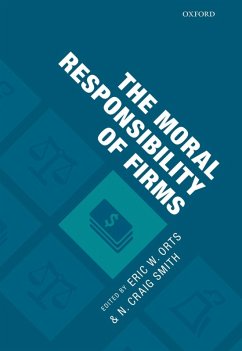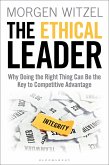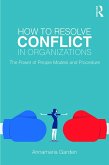Individuals are generally considered morally responsible for their actions. Who or what is responsible when those individuals become part of business organizations? Can we correctly ascribe moral responsibility to the organization itself? If so, what are the grounds for this claim and to what extent do the individuals also remain morally responsible? If not, does moral responsibility fall entirely to specific individuals within the organization and can they be readily identified? A perennial question in business ethics has concerned the extent to which business organizations can be correctly said to have moral responsibilities and obligations. In philosophical terms, this is a question of "corporate moral agency." Whether firms can be said to be moral agents and to have the capacity for moral responsibility has significant practical consequences. In most legal systems in the world, business firms are recognized as "persons" with the ability to own property, to maintain and defend lawsuits, and to self-organize governance structures. To recognize that these "business persons" can also act morally or immorally as organizations, however, would justify the imposition of other legal constraints and normative expectations on organizations. In the criminal law, for example, the idea that an organized firm may itself have criminal culpability is accepted in many countries (such as the United States) but rejected in others (such as Germany). This book collects new contributions by leading business scholars in business ethics, philosophy, and related disciplines to extend our understanding of the "moral responsibility of firms."
Dieser Download kann aus rechtlichen Gründen nur mit Rechnungsadresse in A, B, BG, CY, CZ, D, DK, EW, E, FIN, F, GR, HR, H, IRL, I, LT, L, LR, M, NL, PL, P, R, S, SLO, SK ausgeliefert werden.









